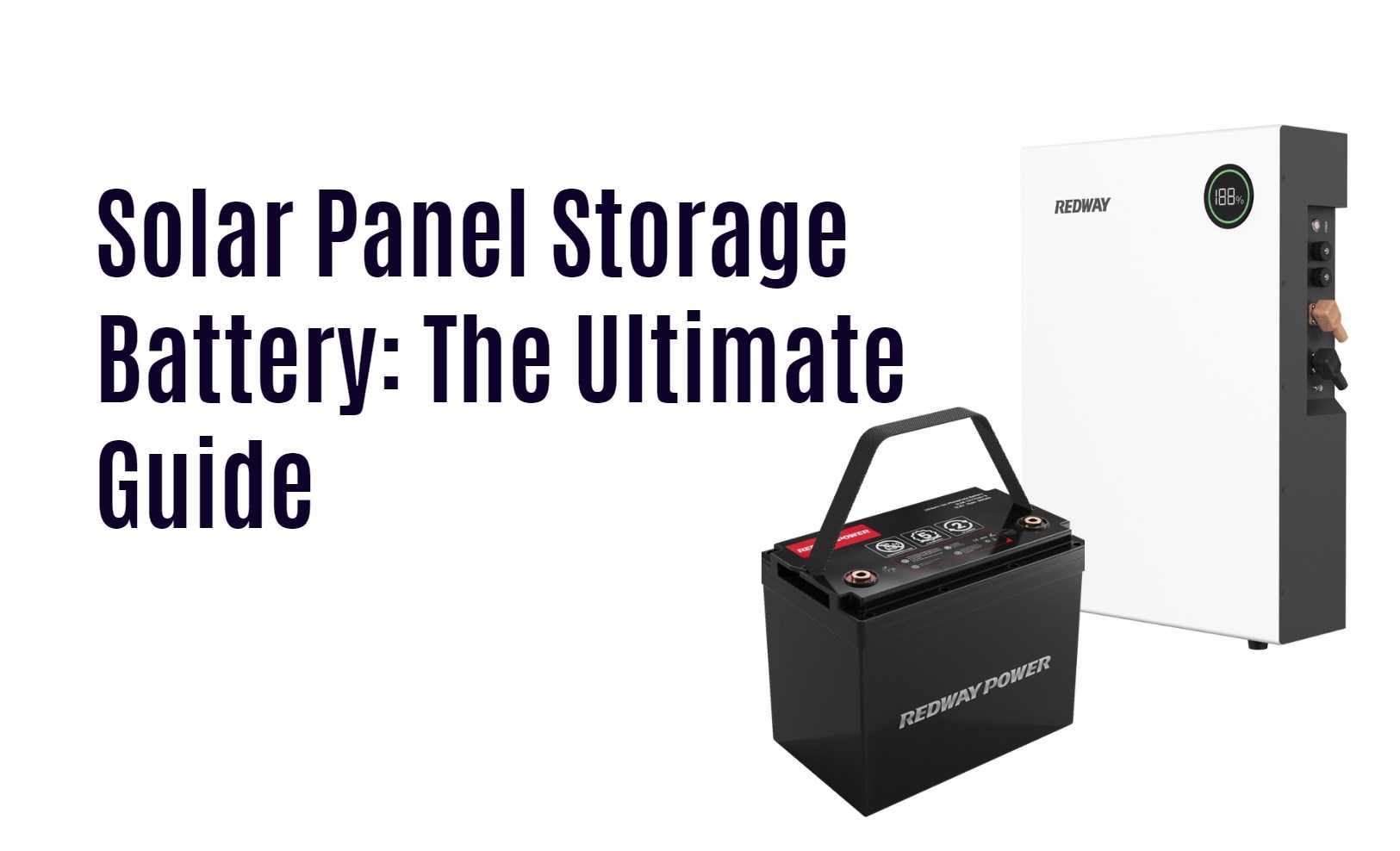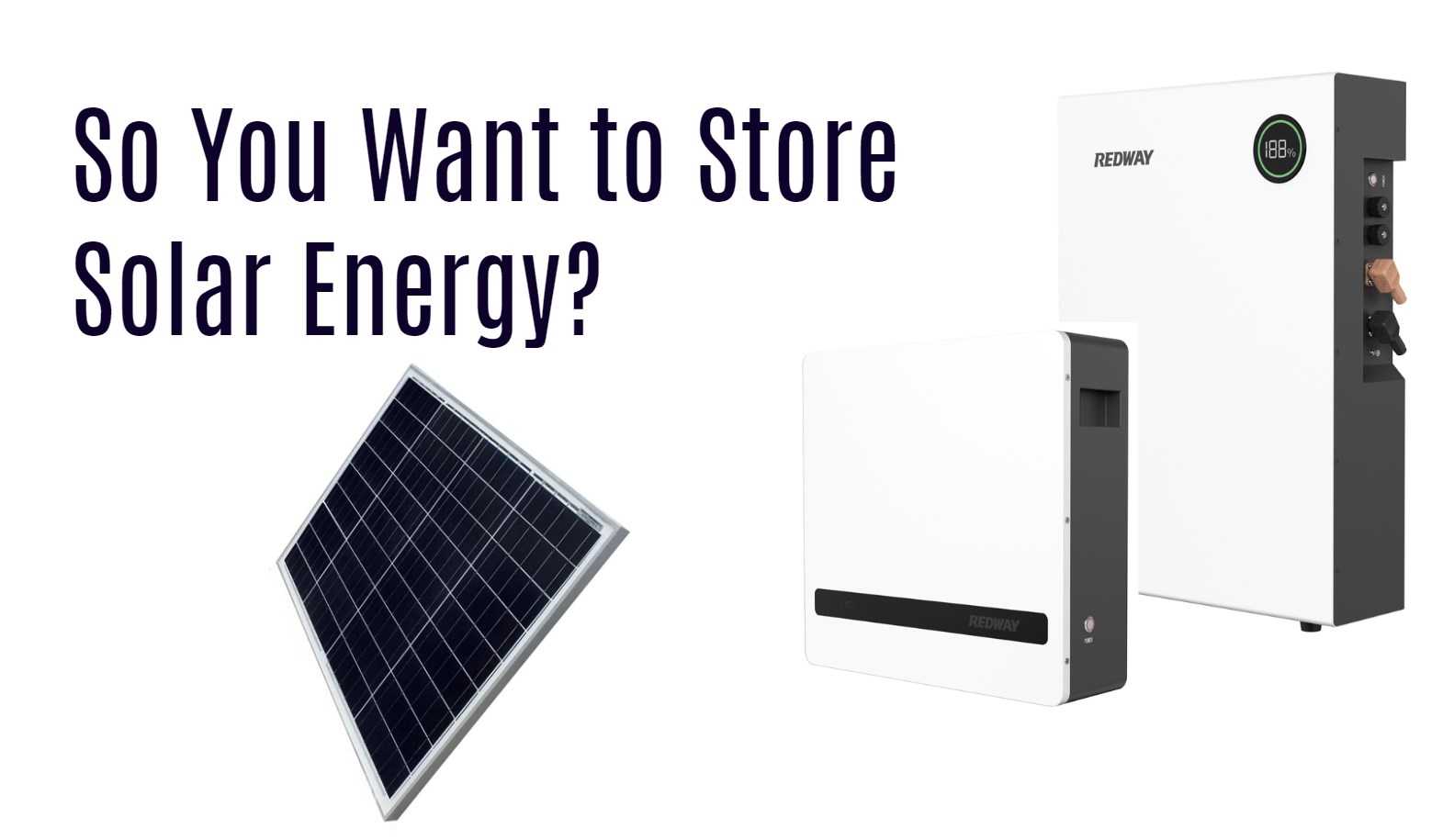Are you tired of relying on the grid for your energy needs? Do you want to be more self-sufficient and reduce your carbon footprint? If so, then it’s time to consider solar panel storage batteries! These innovative devices allow you to store the energy you generate from your solar panels, so you can use it whenever you need it. In this ultimate guide, we’ll explore the benefits of solar panel batteries, how to choose the best system for your needs, and how to keep the energy flowing.
So You Want to Store Solar Energy?
Solar panels are a fantastic way to generate clean, renewable energy for your home or business. However, the sun doesn’t always shine, and you may not be able to use all the energy you produce during the day. This is where solar panel batteries come in. By storing the excess energy you generate, you can use it later when the sun isn’t shining. This means you can reduce your reliance on the grid, save money on your energy bills, and reduce your carbon footprint.
Discover the Power of Solar Panel Batteries!
-
Maximize Solar Energy: Solar panel batteries allow you to store excess energy generated by your solar panels and use it when the panels are not producing power, such as at night or on cloudy days. This maximizes the use of solar energy and reduces reliance on the grid.
-
Backup Power: Solar batteries provide backup power during electricity outages, ensuring that your essential appliances and devices stay powered. This is particularly beneficial for areas with frequent electricity outages or unreliable grid connections.
-
Cost Savings: Solar panel batteries can help you save money on electricity bills. By storing excess energy and using it during peak electricity price hours or high-demand periods, you can avoid expensive electricity rates and reduce energy demand charges.
How to Choose the Best Solar Storage System
-
Capacity and Scalability: Choose a solar storage system that meets your current energy requirements and has the potential to scale up for future growth. This ensures that your investment remains viable as your energy needs evolve.
-
Technology Type: Consider the different technologies available, such as lithium-ion batteries and flow batteries. Each technology has unique advantages in terms of energy density, lifespan, and efficiency. Select the technology that aligns with your specific energy storage needs.
-
Efficiency and Life Cycle: Assess the efficiency of the storage system, which determines how much of the stored energy can be used, and consider its life cycle, indicating how long it will last. Higher efficiency and a longer life cycle result in lower operational costs over time.
-
Cost and ROI: Evaluate the upfront costs against the long-term savings and potential return on investment. While some systems may have higher initial costs, their efficiency, durability, and lower maintenance costs can offer a better return on investment. Consider installation, maintenance, and potential subsidies or incentives in your cost analysis.
Keep the Energy Flowing with Solar Panel Batteries!
-
Uninterrupted Power Supply: Solar panel battery backups store the energy generated by your solar panels, allowing you to keep your home powered during power outages. This ensures that you and your family stay comfortable and safe, even when the grid goes down.
-
Cost Savings: Solar battery backups offer cost-saving benefits. By reducing net metering fees and demand charges, you can lower your electricity bills. Additionally, storing solar energy during the day and using it during peak times helps you avoid high electricity rates, further maximizing your savings.
-
Reliability and Safety: Solar battery backups provide a reliable source of energy, ensuring that you have power when you need it most. They are designed to last, with long life cycles that offer peace of mind. Some battery options, such as lithium-iron phosphate batteries, are virtually fireproof, enhancing safety for your home.
Wholesale lithium golf cart batteries with 10-year life? Check here.







